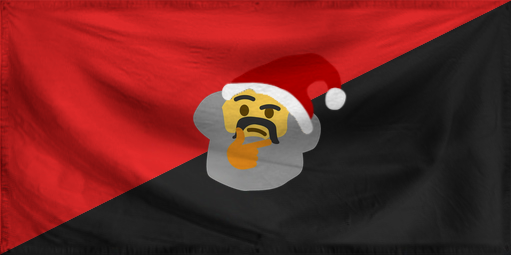

So I’m guessing it’s a combination of dun/den/tun etc being a common suffix in a lot of historical languages, and ‘ei’ being an extremely common diphthong worldwide just… leading to a lot of similar-sounding names that also converge in spelling in modern English?



I may be wrong about the actual reason for this - as ‘double V’ is also quite common - and it may just end up being some kind of ‘well when the printing press came to England’ thing, but:
In the classical Latin alphabet, the letter ‘V’ was not actually representative of what we today recognise as the /u/ sound (or its variants). It was in fact the written form of the /u/ sound (and related variants). So when the W was introduced to the English alphabet, I guess it was indeed a ‘double /u/‘.